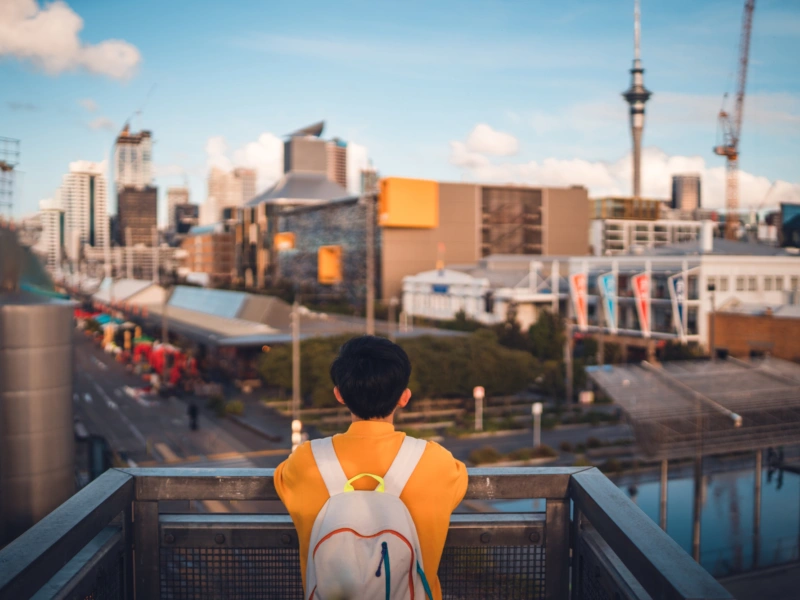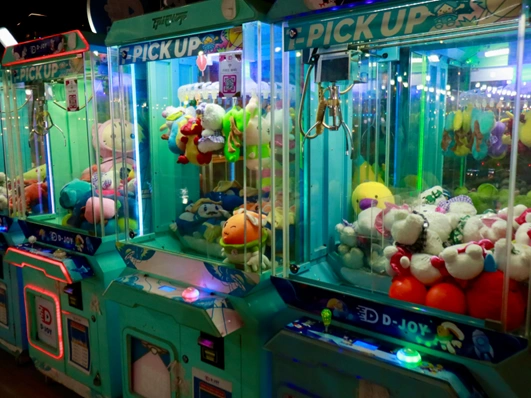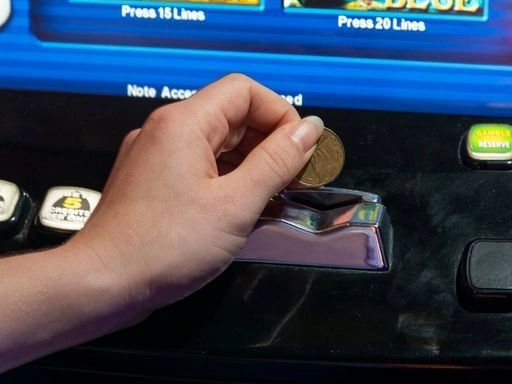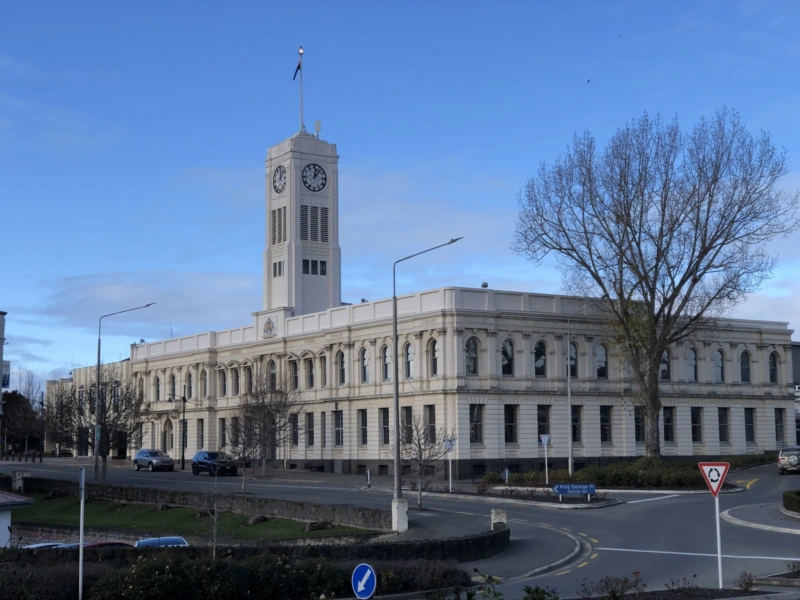Have you ever walked down a street, looked around, and found yourself surrounded by pokie venues and pubs on every corner?
Then, as you walk and land in a different suburb, you look around. Suddenly, those pokie machines that once surrounded you have disappeared? Why does one neighbourhood seem to have a pokie machine venue around every corner, while others barely have one? It's arguable that this isn't just a coincidence, and it's not fair either.
In New Zealand, pokies, also known as slots or Electronic Gambling Machines (EGM’s), are everywhere, from casinos to pubs, sports bars, lounges, and even some hotels. These machines aren't placed equally across Aotearoa, New Zealand. Research shows they are often packed in areas where people are already doing it tough – places with high levels of unemployment, lower incomes, poverty, lower access to health and social support services and lower quality housing. These are the same communities that already face so much pressure and hardships in their daily lives, yet they are the ones with the most access to high-risk gambling. Let's dive a bit deeper into this relation.
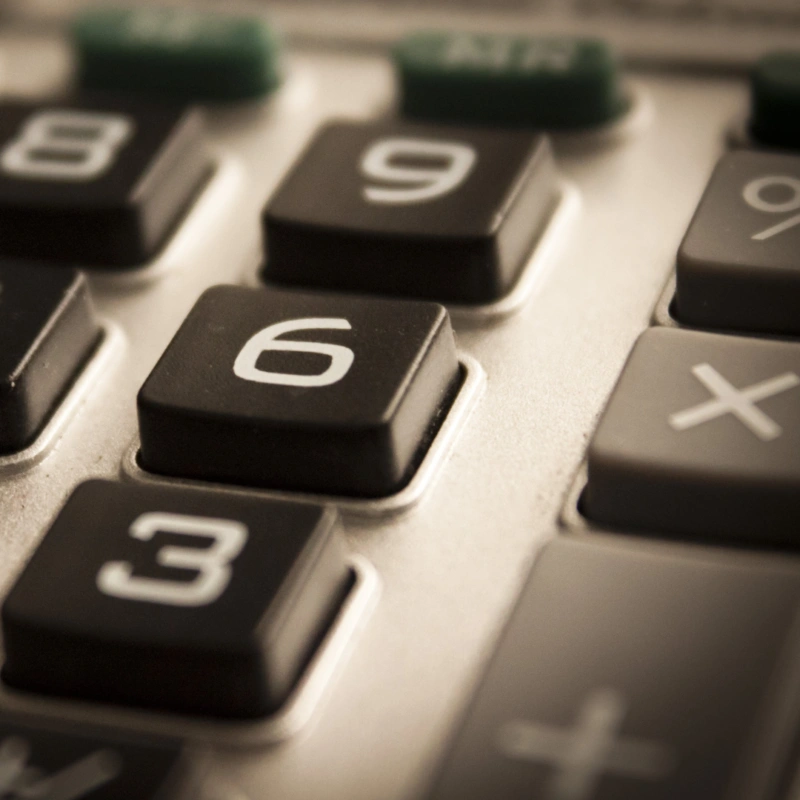
The Numbers Don't Lie
Pokie machines are one of the most harmful forms of gambling in Aotearoa. Unlike Lotto or sports betting - which work within timeframes - pokies are easily accessible, fast-paced, highly addictive, and designed to keep people playing. Research has shown that more than 50% of those who played on pokies at least once a month experienced gambling harm.
Pokies are heavily concentrated in communities already struggling with financial pressure, stress, and food insecurity. While the prospect of a "big win" can appear to offer a quick solution, these machines often worsen existing financial difficulties. This distribution shows a profound disparity: pokies are placed in the most deprived areas at nearly ten times the rate seen in the least deprived areas, with approximately 50% of all gambling machines in Aotearoa located in the most socioeconomically deprived areas (NZ Dep 8-10).
That means places like South Auckland, home to almost half a million people - where many are already facing financial hardships - are exposed to more pokie machines per person than those living in wealthier areas like Devonport. This isn't because people in low-income areas are more addicted or less responsible. It seems the higher the deprivation in an area, the more likely it is to have pubs, clubs, and pokie machines, creating this "poverty trap" which increases access and exposure to gambling harm.
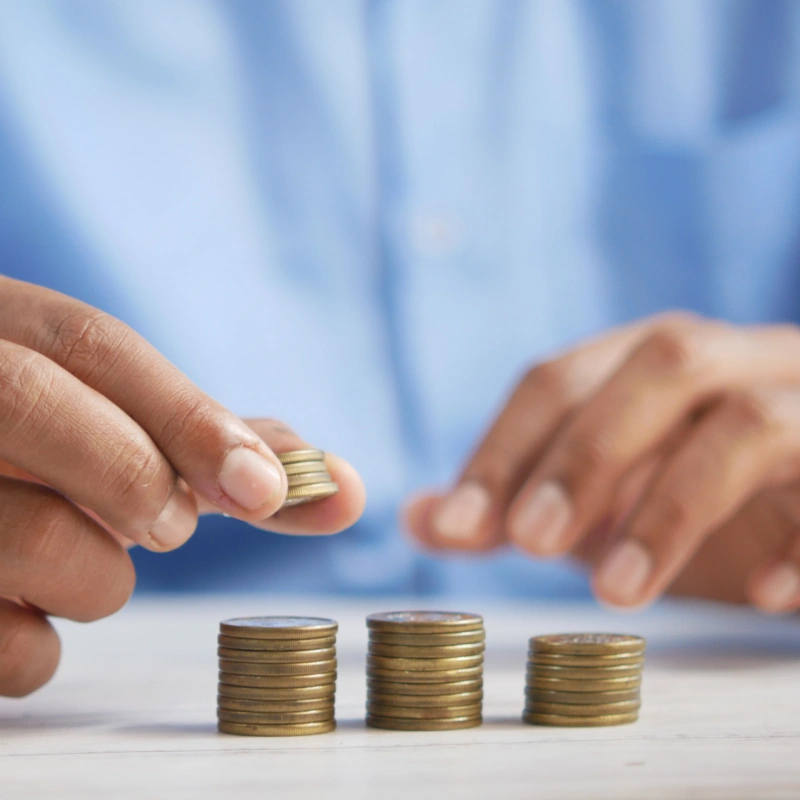
Who Profits From This?
Who benefits from all this gambling? An investigation into the Gaming Machine Profit (GMP) shows that gambling losses are split between the corporate societies (the ones that own the pokie machines), venues, government, and community organisations. However, statistics show that a decile 10 (highest deprivation) community will spend $344 per year compared to a decile 1 (lowest deprivation) community, who will spend $121 per person per year. This creates a system where vulnerable people fund others' gain, while facing the social and health consequences of gambling harm, like anxiety, family violence or abuse, and even homelessness. So, even though about 40% of the money from pokie machines goes towards community grants and organisations, it can be argued this is not nearly enough to make up for the amount of money that pokie machines make from deprived communities.
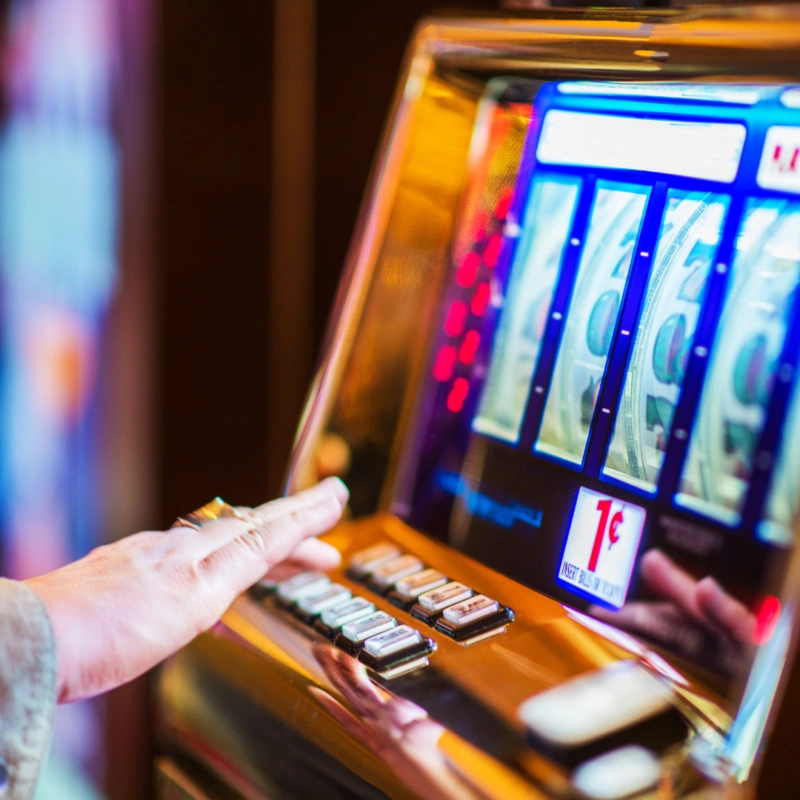
The Reality
Gambling is often seen as a personal choice. Still, when you zoom out and look at the broader picture, it becomes clear that it's also a public health and equity issue. When pokie machines are placed in areas where people are already under numerous pressures, the choice to gamble becomes increasingly tempting. We all want our communities to be safe, strong, and full of opportunities. That's hard to achieve when systems quietly stack the odds against some of us, but raising awareness can be a first step.
Written by Rishta Sharma, Public Health student at the University of Auckland, on behalf of PGF Services.
Read more
Department of Internal Affairs. (2024). Minimising Gambling Harm. https://www.dia.govt.nz/Minimising-Gambling-Harm
PGF Services. (2025). https://www.pgf.nz/
Ward, A. D., McIvor, J. T., & Bracewell, P. (2019). The geographic distribution of gaming machine proceeds in New Zealand. Kōtuitui: New Zealand Journal of Social Sciences Online, 15(1), 54–74. https://doi.org/10.1080/1177083X.2019.1640752
Somers, E. (2022). Most pokies money comes from the most deprived. BusinessDesk. https://businessdesk.co.nz/article/charities/most-pokies-money-comes-from-the-most-deprived

